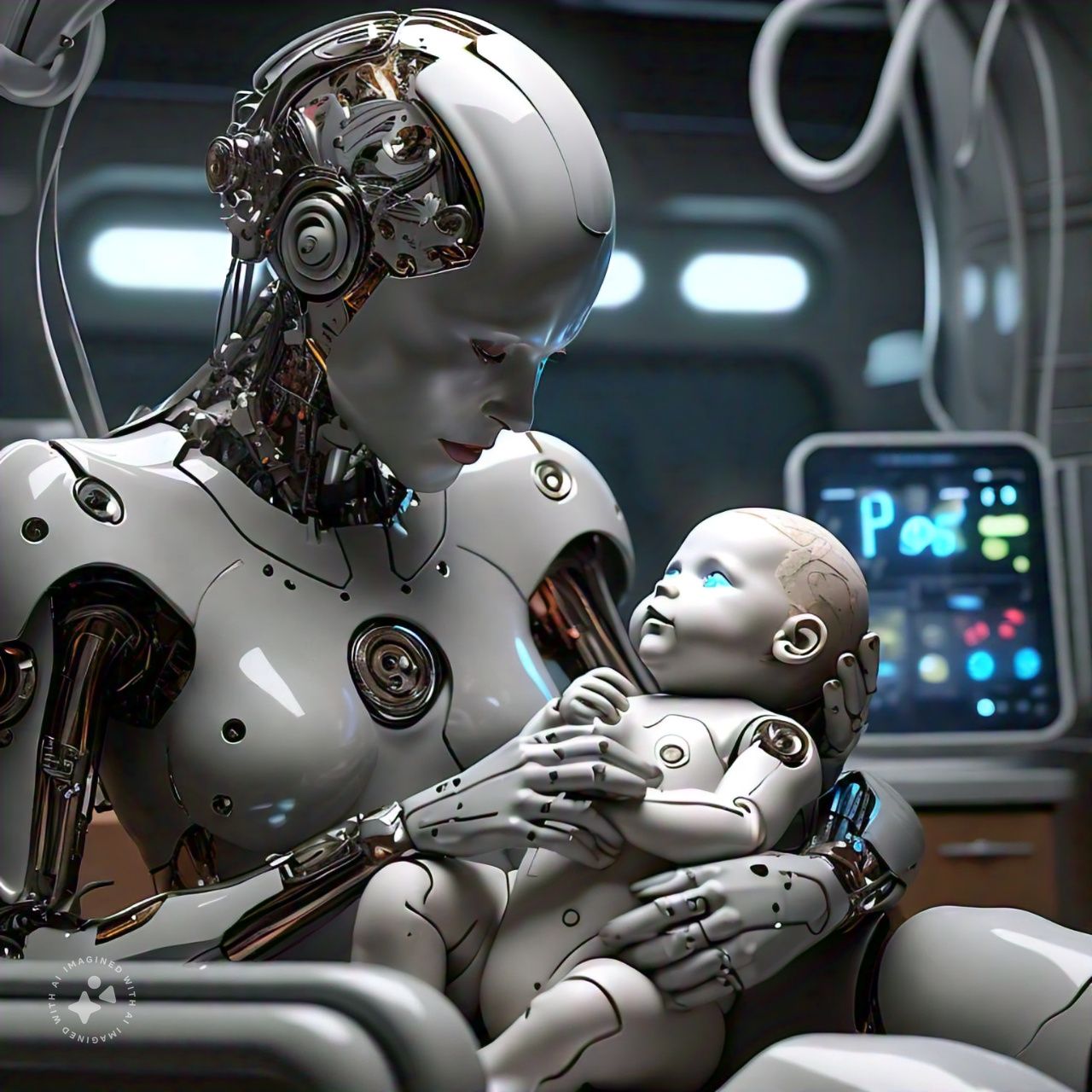The Birth of ChatGPT

ChatGPT, developed by OpenAI, is a state-of-the-art language model based on
the GPT-4 architecture. Its ability to understand and generate human-like text
has revolutionized the way we interact with machines. From customer service
chatbots to virtual assistants, ChatGPT has found applications in numerous
industries, providing efficient and accurate responses that enhance user
experience.
One of the key features of ChatGPT is its versatility. It can engage in
meaningful conversations, generate creative content, answer questions, and
even assist with complex tasks. This adaptability has made it an invaluable
tool for businesses, educators, and individuals seeking to streamline their
workflows and improve productivity.
The Emergence of Generative AI

While ChatGPT has garnered significant attention, it is just one example of
the broader trend of generative AI. Generative AI refers to a class of
algorithms that can create new content, whether it's text, images, music, or
even entire virtual worlds. These models learn from vast amounts of data to
produce outputs that mimic human creativity and intelligence.
Generative adversarial networks (GANs) are a prime example of generative AI.
GANs consist of two neural networks—a generator and a discriminator—that work
together to create realistic content. The generator produces new data samples,
while the discriminator evaluates their authenticity. Through this iterative
process, GANs can generate highly convincing images, videos, and audio.
Applications Across Industries
The impact of generative AI extends across various industries, each benefiting from its unique capabilities:
Entertainment and Media
Generative AI has revolutionized content creation in the entertainment industry. AI-generated music, artwork, and scripts are becoming increasingly common, enabling artists and creators to explore new frontiers. For instance, AI-generated visuals can enhance video game environments, making them more immersive and dynamic.
Healthcare
In healthcare, generative AI is being used to design new drugs, create personalized treatment plans, and even assist in medical imaging analysis. By simulating complex biological processes, AI can accelerate the discovery of novel treatments and improve patient outcomes.
Marketing and Advertising
Generative AI is transforming marketing by enabling hyper-personalized campaigns. AI can analyze consumer data to create tailored advertisements, improving engagement and conversion rates. Additionally, AI-generated content can help marketers produce high-quality visuals and copy at scale.
Fashion and Design
In the fashion industry, generative AI is being used to design unique clothing patterns and predict upcoming trends. AI-driven design tools allow designers to experiment with innovative styles and materials, pushing the boundaries of creativity.
Ethical Considerations and Challenges

Despite its immense potential, the rise of generative AI also raises important
ethical considerations. Issues such as data privacy, bias, and the potential
for misuse must be addressed. As AI-generated content becomes more
indistinguishable from human-created content, concerns about authenticity and
misinformation grow.
To ensure the responsible development and deployment of generative AI, it is
crucial to establish robust ethical guidelines and regulations. Collaboration
between AI developers, policymakers, and society at large is essential to
navigate these challenges and harness the full potential of generative AI.
The Future of Generative AI
The journey of generative AI is just beginning. As research and development
continue to advance, we can expect even more sophisticated and capable models.
The integration of AI into our daily lives will become more seamless,
enhancing our ability to solve complex problems and explore new creative
horizons.
In conclusion, the rise of ChatGPT and generative AI represents a
transformative era in technology. These innovations are not only reshaping
industries but also challenging our perceptions of creativity and
intelligence. By embracing the potential of generative AI while addressing its
ethical implications, we can unlock a future where AI and human ingenuity work
hand in hand to achieve remarkable feats.


0